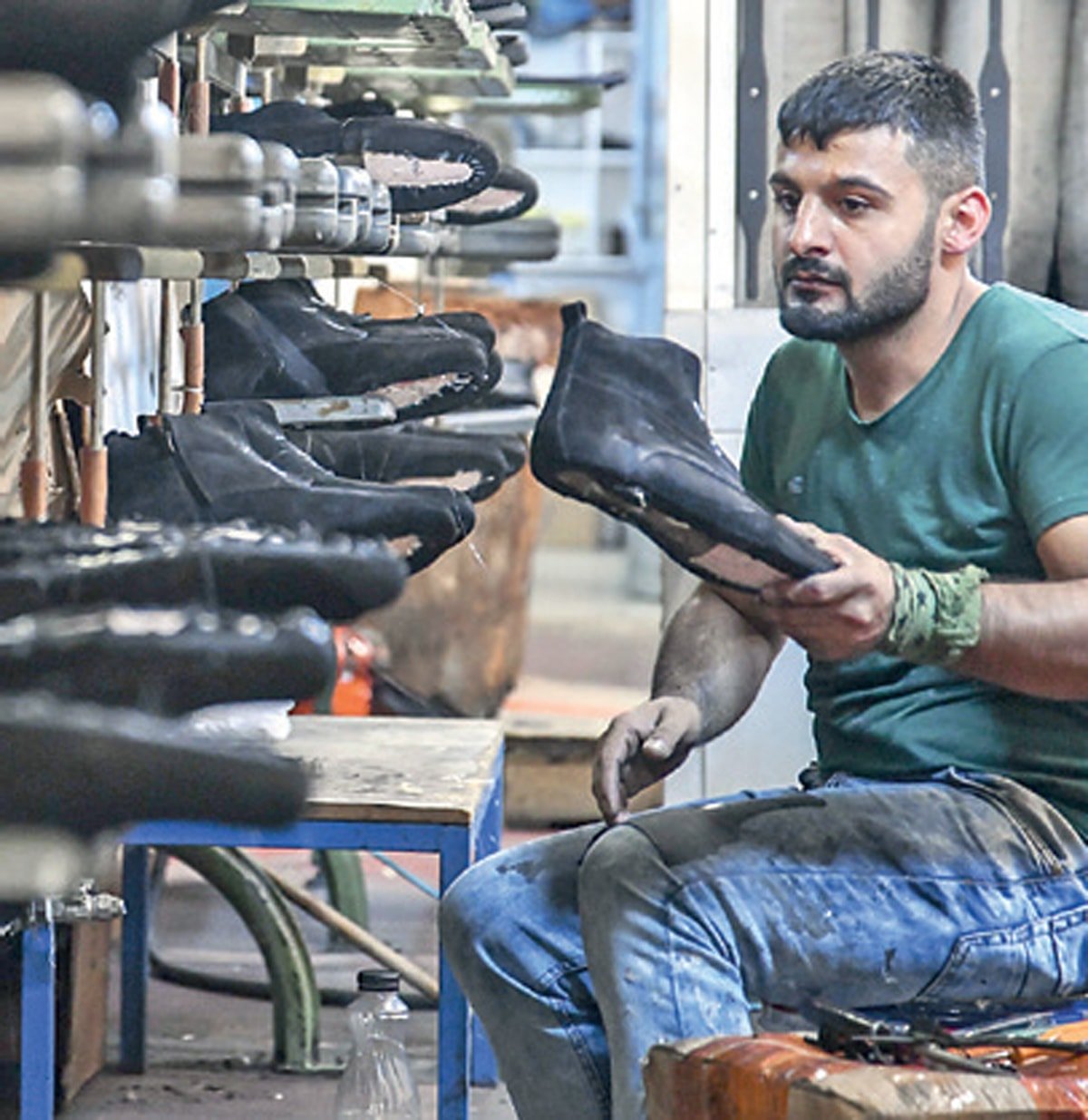Millions of euro factories are being scrapped

High production and financing costs, along with contractions in domestic and export markets, are hitting the industry, while investments worth millions of euros in labor-intensive sectors are being scrapped due to a surge in closures and bankruptcies. Berke İçten, President of the Turkish Shoe Manufacturers' Association, noted that the company, which recently declared bankruptcy in the footwear sector, which has experienced its highest foreign trade deficits in history due to the rapid increase in imported goods, is negatively impacting an ecosystem worth billions of lira. He explained the current state of the sector as follows: “We are in an environment where factories are closing in the shoe sector. I witnessed the closure of a very modern facility in Kırklareli. We are witnessing machines purchased for 40,000-50,000 Euros being thrown into trucks without a trace. There's nothing more painful than selling a machine you bought for 40,000 Euros for 9,000 TL. They're saying we're selling a facility we built for 6.5 million Euros for scrap, and we'll either get 600,000-700,000 TL or we won't. Time is working against us here.”
WE ARE MAKING CONTROLLED LOSSES
İçten stated that in this environment where the domestic market is filled with imported shoes, exports cannot support the sector due to the exchange rate level, and that they completed the January-July period with $612 million in exports and $1 billion 49 million in imports, and that the foreign trade deficit reached $437 million in the first seven months.
"We're looking at whether we can save the business with controlled losses. We're laying off workers every day," İçten said. "Every day we don't achieve the results we want in the fight against the economy and inflation actually means one of our factories is closing. Unfortunately, loans are of no use to us right now. Let's say the government offers us a loan at 25% interest. We can't afford to use them. We can't do business. We urgently need the exchange rate to make us competitive."

Hüseyin Çetin, a Board Member of the Istanbul Chamber of Industry and a Member of the 22nd Shoe and Subsidiary Industry Professional Committee, stated that the footwear industry, along with its sub-industry, impacts a large ecosystem. He stated that while the minimum wage in the Far East costs $150-200, the gross cost to employers in Türkiye has risen to $1,200, making it impossible to produce sneakers at these costs. Çetin noted that Türkiye could make a difference with leather shoes and assessed the impact of bankruptcies as follows: “In our sector, a company in Konya recently declared bankruptcy. It caused 1.2 billion Turkish Lira in losses. There are 200 companies behind this, and 200 more were affected by this bankruptcy. While 20-30 companies declaring bankruptcy isn't significant, the impact in the background is significant.”
SÖZCÜ





